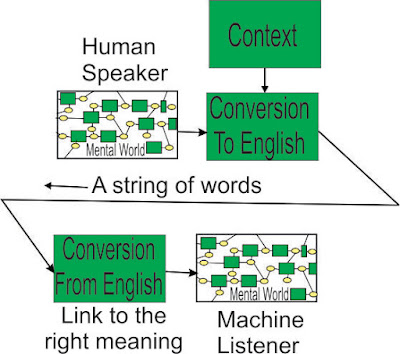Reading Legislation and Robo-debt
(based on a report in The Saturday Paper, by Rick Morton,
published December 10)
The Robo-debt Royal Commission heard evidence that the person in charge of Robo-debt had never read the Social Services Act, which is quite clear that payments should be based on a particular fortnight, and not averaged over a longer time, as Robo-debt sought to do. It took three years for the question to reach the Solicitor-General, who immediately declared it unlawful, with several suicides and much distress among impoverished people having occurred in the interim.
What to do? A person keeping up to date as several Acts of
Parliament evolve over time is a large commitment. The commitment can be
considerably reduced by having a machine read and “understand” each of the
Acts, including their glossaries, their inline definitions of terms, and
references to each other.
This sounds easy, with the rise of technology such as
Machine Learning, Deep Learning, and Large Language Models (LLM).
Unfortunately, the goal of having the machine “understand” the meanings of
words has largely been abandoned as too hard, and most current methods use statistics
– this word is associated with that word or group of words – a method
completely unsuited to the complex text found in legislation or specifications
(or even gossip over the back fence, because there is a narrative, which
requires memory, and the drawing of conclusions as simple as 2 + 2 = 4 based on
what you are told).
A preprint gives
some idea of the difficulties that need to be overcome to make a machine
“understand” text, not just skitter over the surface. Active Structure builds an undirected network from the text, where every word is accurately represented, including the precise definition for the word as used in that position, and having all the logical and existential control present in the text.



Comments
Post a Comment